Looking ahead, where did the wonderment go?
When we were young, we asked ‘’wonderment” questions all the time: ‘Why is the sky blue?’, ‘How does electricity work?’, ‘How big is space?’. At some point most young people switch from asking this type of wonderment question to asking questions like: ‘Why do I have to know this?’ and ‘Why do I have to be in at 10pm when all my friends get to stay out later?’.
What is the reason for that change – is it because young people get less curious about the world around them or is it because they are conditioned by the responses they get from the adults around them? How many of us have either heard, or said ourselves as parents or teachers, ‘because it just is’ or ‘because it’s in the exam’.
As we get older, we become more and more willing to accept the easy answer. At some point we move from seeking our own knowledge to wanting to be told facts quickly. We don’t want to have to think for long periods of time and try to find difficult solutions – we want someone to give us a quick answer and if a parent or teacher won’t do that then surely Google or Wikipedia will?
The world is facing unprecedented times – we are living in lockdown within a worldwide pandemic. Alongside this, plastic pollution and global warming threaten the future of our planet and the ever-increasing ability of technology to replace humans in the workplace is creating an even greater inequality in society. These are seriously complex problems which cannot be answered by Google.
Our future generation, the pupils currently in our schools, will need the very complex and sophisticated skills to be able to tackle these and other problems effectively. They need to be able to think creatively, critically and ethically. They will need to have the social skills and empathy to work collaboratively with people from all over the world and they will need the motivation and determination to persevere, with the resilience to learn and improve from their mistakes.
At present, students are critiqued based on their exam performance and reaching academic outcomes. As a result, many young people are turned off education by the formulaic approach and the attainment gap is widening.
As we look ahead, at life after lockdown, we must incorporate these fundamental skills, reward original thinking and encourage children to ask these wonderment questions and seek out the answers.
The world will not be the same when we come out of this current crisis; yes, there will be difficult times ahead but there will also be positive things that emerge. It has forced us all to think, work and behave differently. In many ways it has broken down some of the barriers between home, work and school and has led to a greater understanding and empathy for others. It has inspired the creative thinkers and the innovators into taking action – they will be the ones who solve the problems we are facing and the ones who succeed in the face of adversity.
It has also forced schools to think and work in very different ways and as a nation we must ensure that we don’t just slip back into the old status quo when the doors re-open. Now more than ever before we must ensure that our young people are taught the skills they need for the future.
We have a duty to nurture curiosity and develop enquiring young minds. The experiences young people get from school should light a spark in them and give them the knowledge, skills, courage and determination to make a positive and significant difference to not only their own futures but to the future of our planet.
Johanna Urquhart, Principal
Book a tour
Visit our Junior School and speak to our teachers to find out more about what sets the Lomond School curriculum apart.

